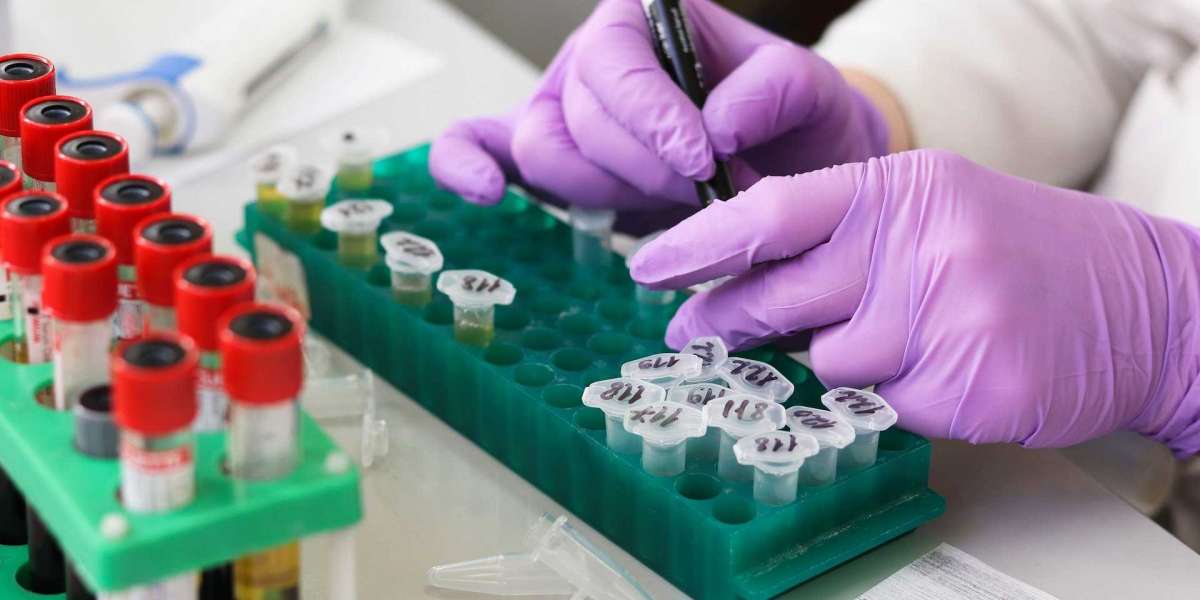The research was led by Associate Professor Ge Ruowen from NUS Biological Sciences and published in the prestigious scientific journal Proceedings of the National Academy of Sciences (PNAS) in January 2022.
Fighting COPD
COPD is currently the third-leading cause of death globally and poses a large socioeconomic burden on nations. It can be caused by long-term exposure to irritants or particulate matter, such as cigarette smoke, and symptoms include coughing, breathing difficulties, mucus production and wheezing.
Patients with COPD display two key conditions - emphysema (the destruction of alveolar walls and enlargement of the alveoli) and chronic obstructive bronchitis (inflamed small airways). These patients suffer persistent respiratory symptoms with progressive long-term lung function decline. However, current drugs targeting COPD only provide symptomatic relief and are not able to suppress the underlying tissue inflammation to effectively block the spread of COPD or reduce mortality.
“COPD patients have difficulty breathing which hinders their ability to work or exercise. They do not absorb enough oxygen, and this affects their heart function too. COPD is a very dangerous condition, but public awareness of it is very low,” said Assoc Prof Ge.
Maintaining lung health
Alveolar macrophages (AMs) are immune cells residing in the airspace of lung breathing structures called alveoli and they can display either pro-inflammatory or anti-inflammatory properties. In COPD, the pro-inflammatory AMs are amplified, which is a main cause of COPD.
Assoc Prof Ge’s team discovered that a lung-resident protein, called isthmin 1 (ISM1), is critical for restraining inflammation in a healthy lung by selectively eliminating the pro-inflammatory type of AMs. In their laboratory studies, the research team observed that the absence of the ISM1 protein was associated with large numbers of pro-inflammatory AMs, enduring lung inflammation, progressive emphysema and significant lung function decline even without exposure to irritants.
The team discovered that ISM1 helps to maintain healthy lungs by targeting the GRP78 signalling receptor (csGRP78) that is present on the surface of the pro-inflammatory AM, triggering apoptosis (cell death), thereby reducing inflammation.
To read more : NUS News








